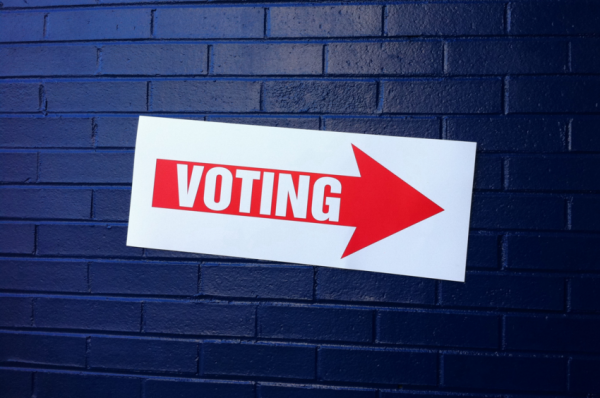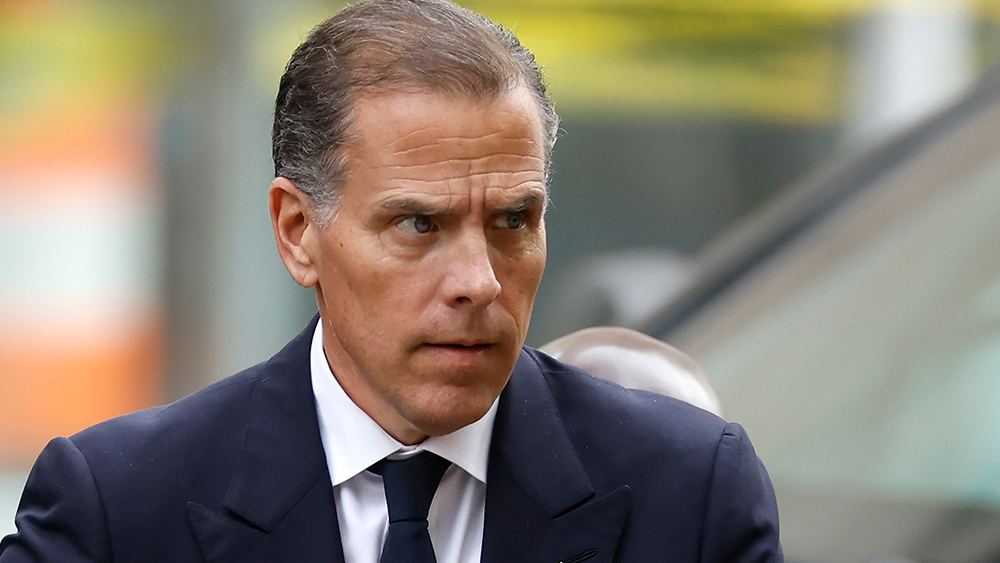 Parler
Parler Gab
Gab
Tech leaders, academics and engineers warn AI could be a global threat
More than 350 tech leaders, academics and engineers – the people who best understand AI – have signed a statement warning AI could be a global threat to humanity on the scale of pandemics and nuclear war. Making matters worse is that OpenAI had potentially erased search results that the newspaper may need for its case. Media and technology researcher Richard Lachman noted that companies like OpenAI claim using publicly available news articles to train artificial intelligence isn't off base. "The argument of the companies is, 'We're essentially reading the news that was on a public website. That's not illegal. A human can read the news,'" said Lachman, an associate professor at Toronto Metropolitan University's RTA School of Media. "Of course, companies push back and say, 'You're not reading the news, you are scraping information. And that's against our terms of service,'" added Lachman. Lachman compared the situation to a recent offer from a major book publisher to pay authors $2,500 to use their work in training artificial intelligence, pointing out that companies realize there is money at stake when content is used by technology companies. He added, "Clearly, there's value. The question is, what is that value? I don't know exactly how that calculation happens." Fair dealing does not include a category for training AI said intellectual property lawyer Gaspard Petit. "So you can do your own [artificial intelligence] model, do your own research, but then if you start building a business around it you're out of that exception," said Petit. Visit InformationTechnology.news for more stories like this. Watch as ChatGPT's creator OpenAI is being sued for allegedly secretly scraping 300 billion words. This video is from the Galactic Storm channel on Brighteon.com.More related:
Artificial intelligence ChatGPT program successfully passes Bar, medical licensing exams – are machines taking over the world? AI chatbot admits artificial intelligence can cause the downfall of humanity. One of Mexico's most dangerous cartels is using artificial intelligence to expand its operations. India tells Big Tech: Apply for approval before releasing "unreliable" artificial intelligence models in the country. New York Times sues Microsoft, OpenAI, claiming artificial intelligence copyright infringement. Sources are: TheStar.com CBC.ca Brighteon.comFDA finally takes action on toxic Red Dye 3
By Cassie B. // Share
Romania’s election chaos sparks fears of European backsliding
By Ramon Tomey // Share
Hunter Biden pardon shows how little regard Democrats have for the rule of law
By Cassie B. // Share
Governments continue to obscure COVID-19 vaccine data amid rising concerns over excess deaths
By patricklewis // Share
Tech giant Microsoft backs EXTINCTION with its support of carbon capture programs
By ramontomeydw // Share
Germany to resume arms exports to Israel despite repeated ceasefire violations
By isabelle // Share










